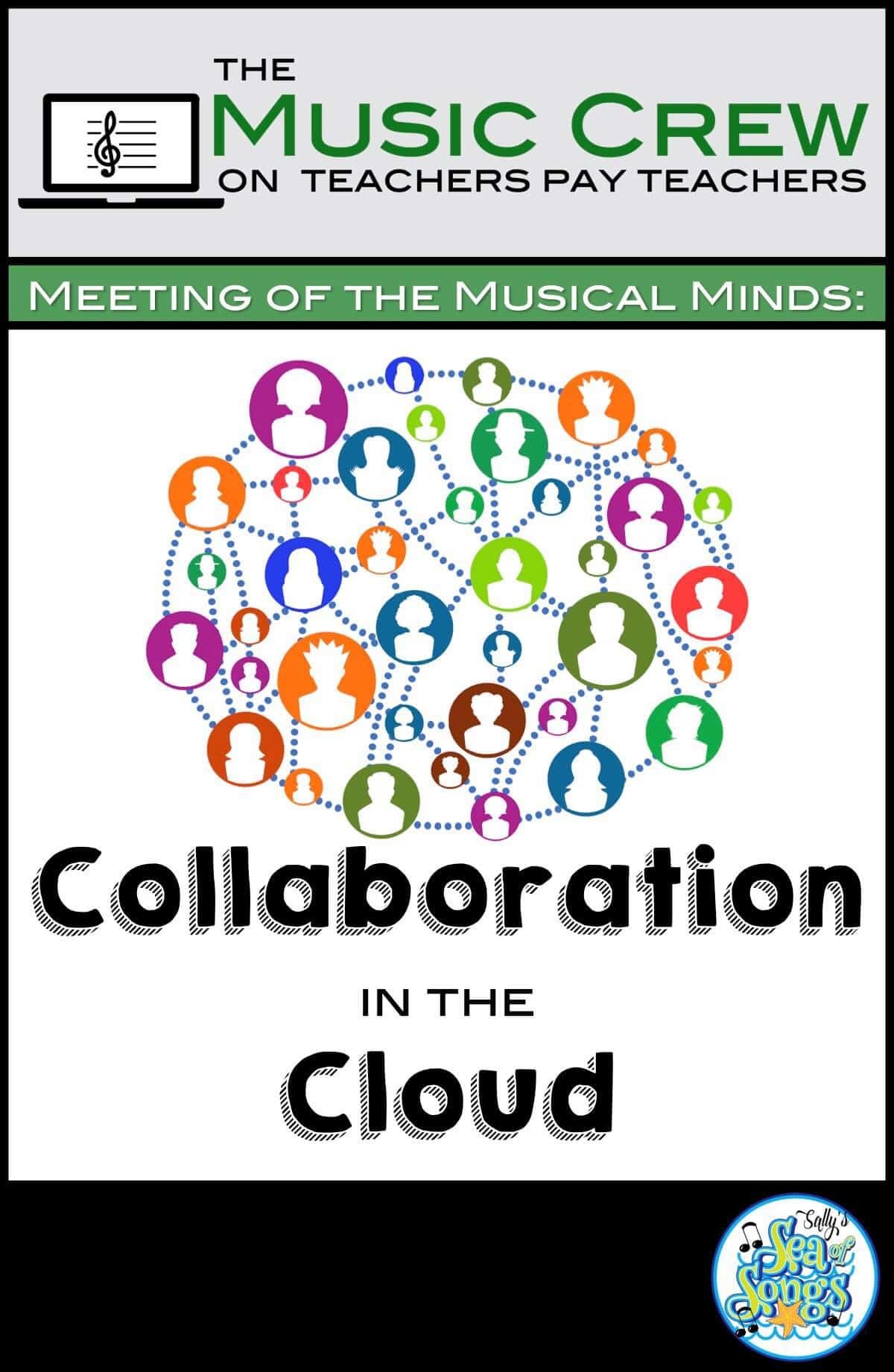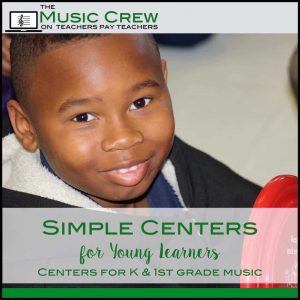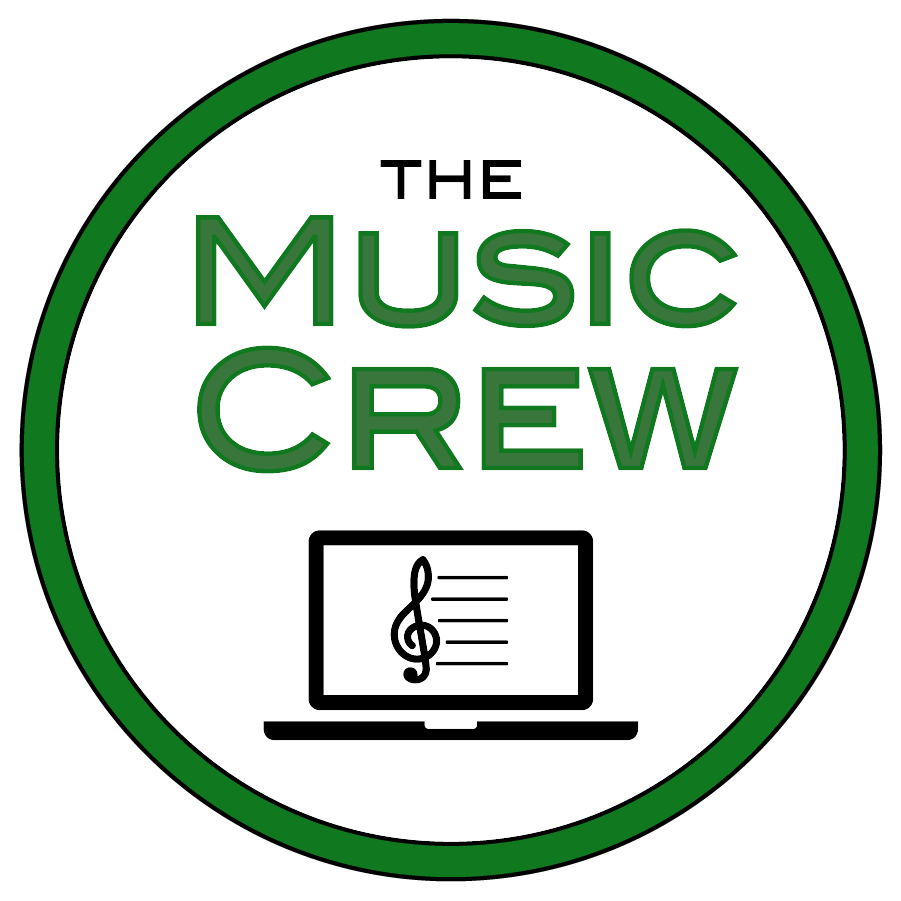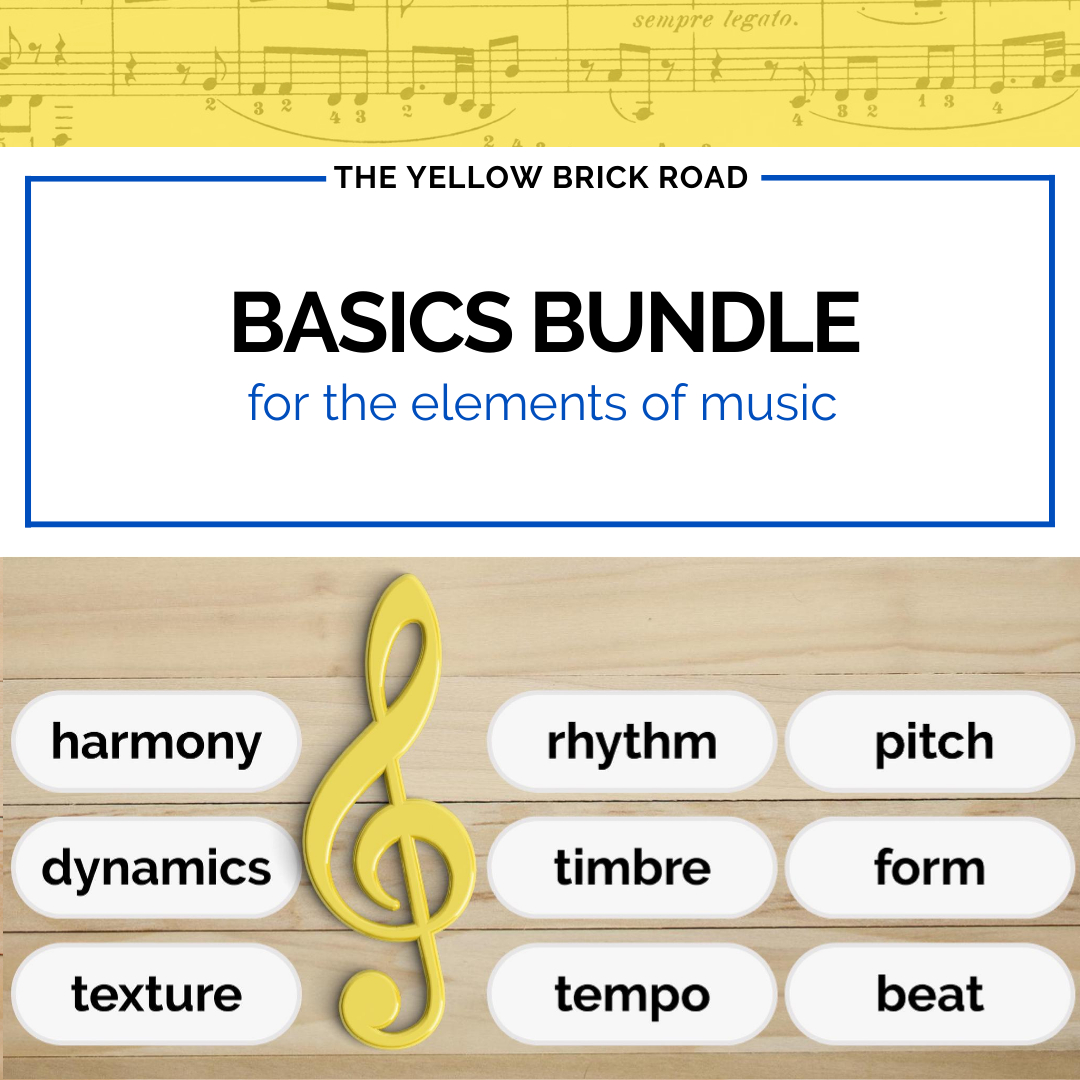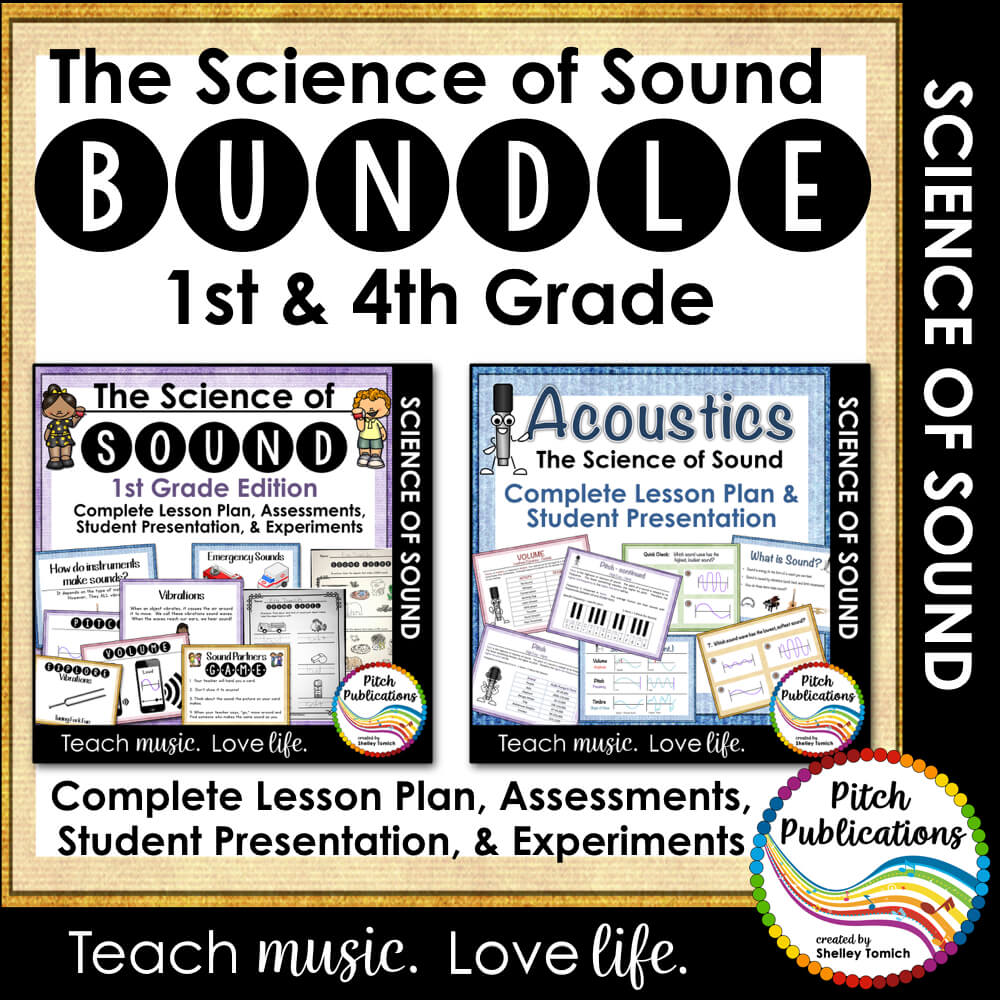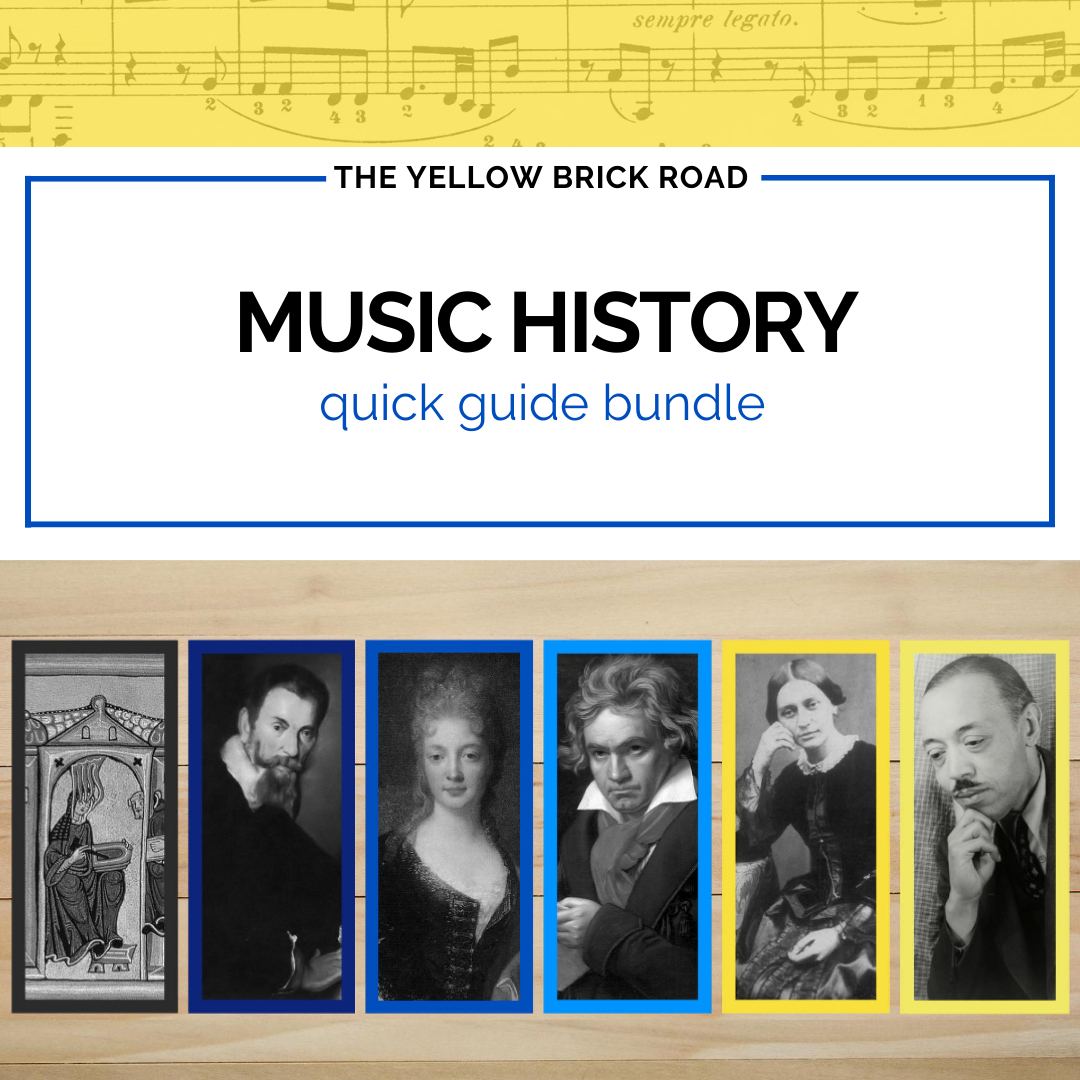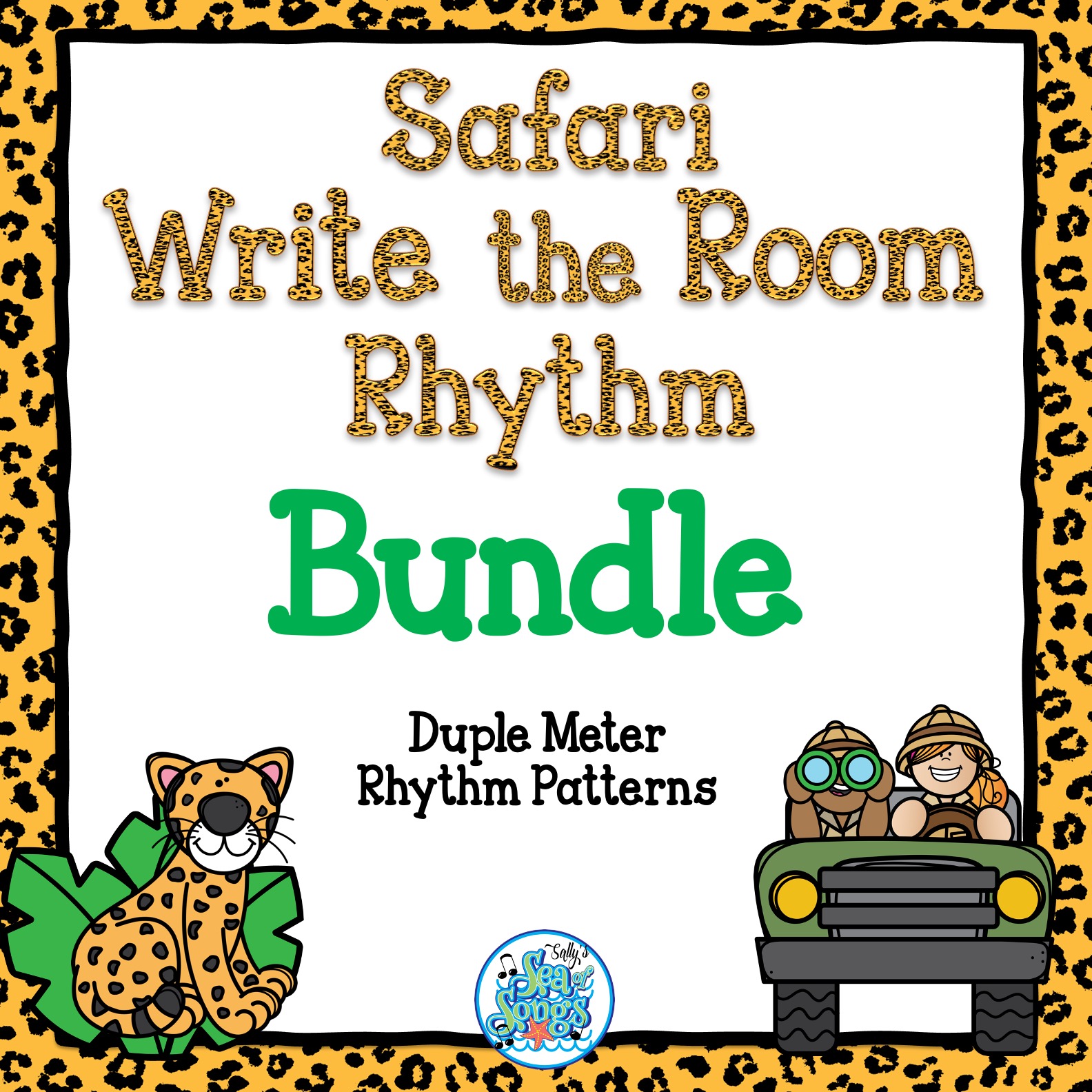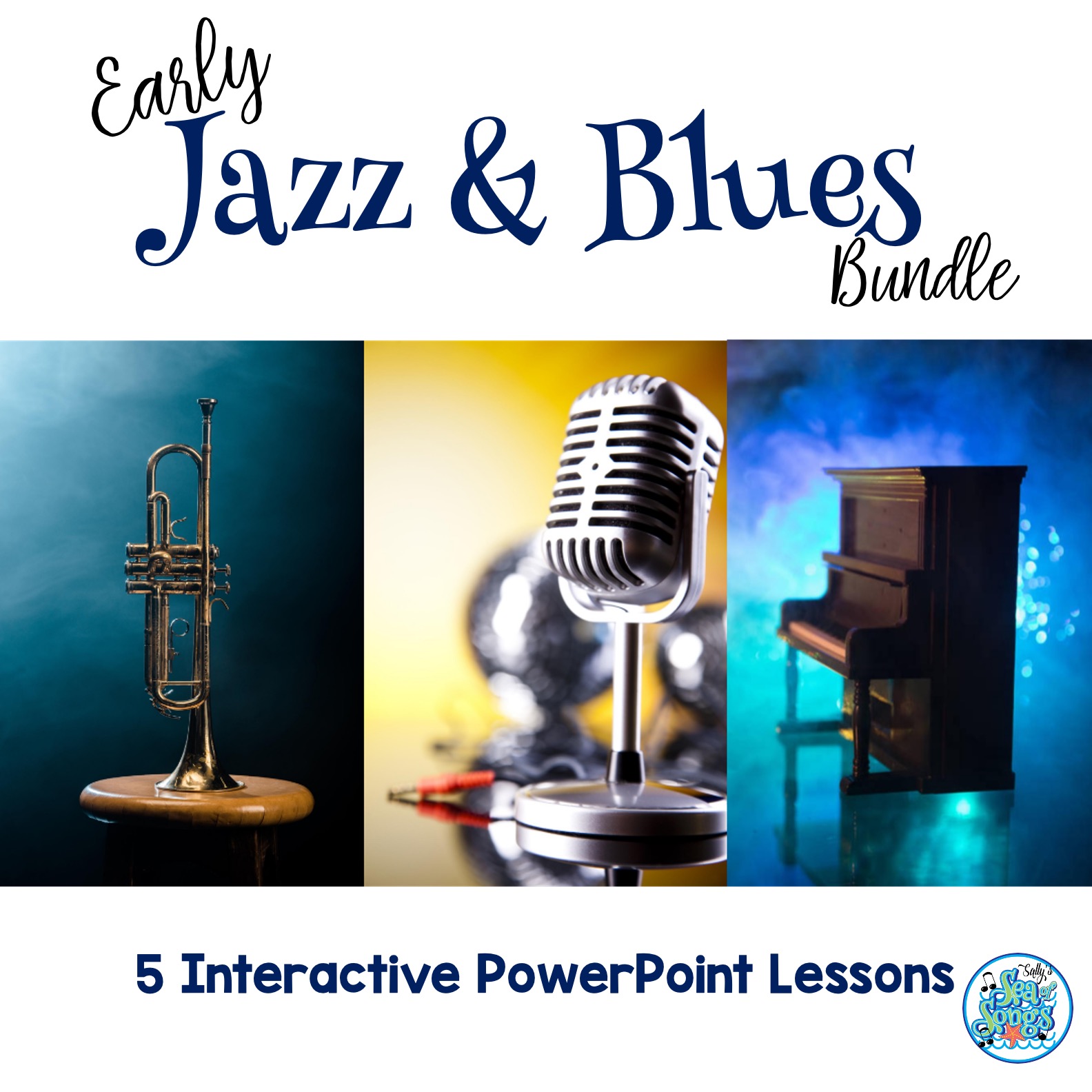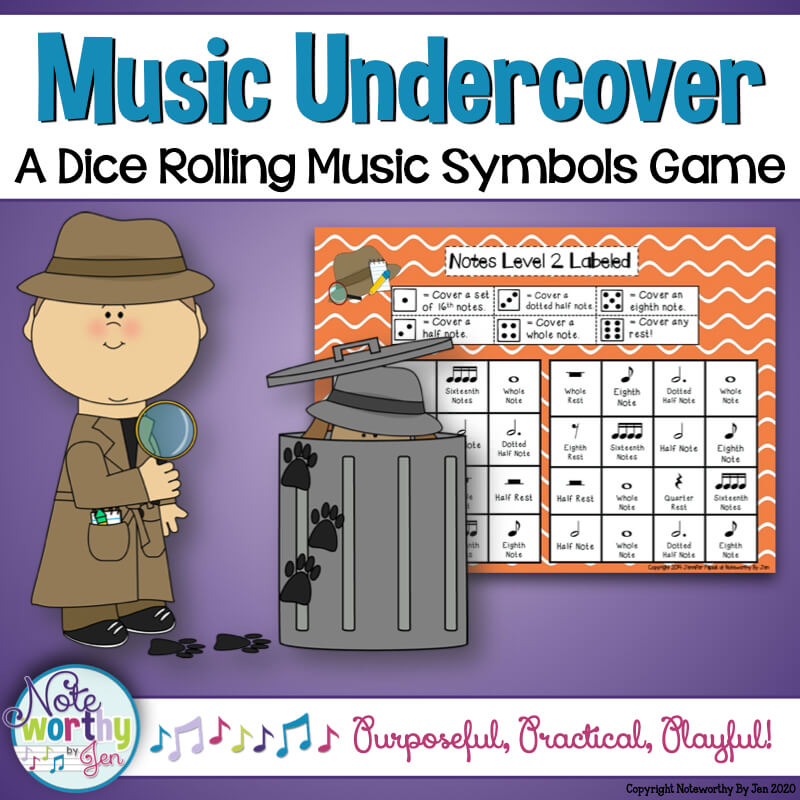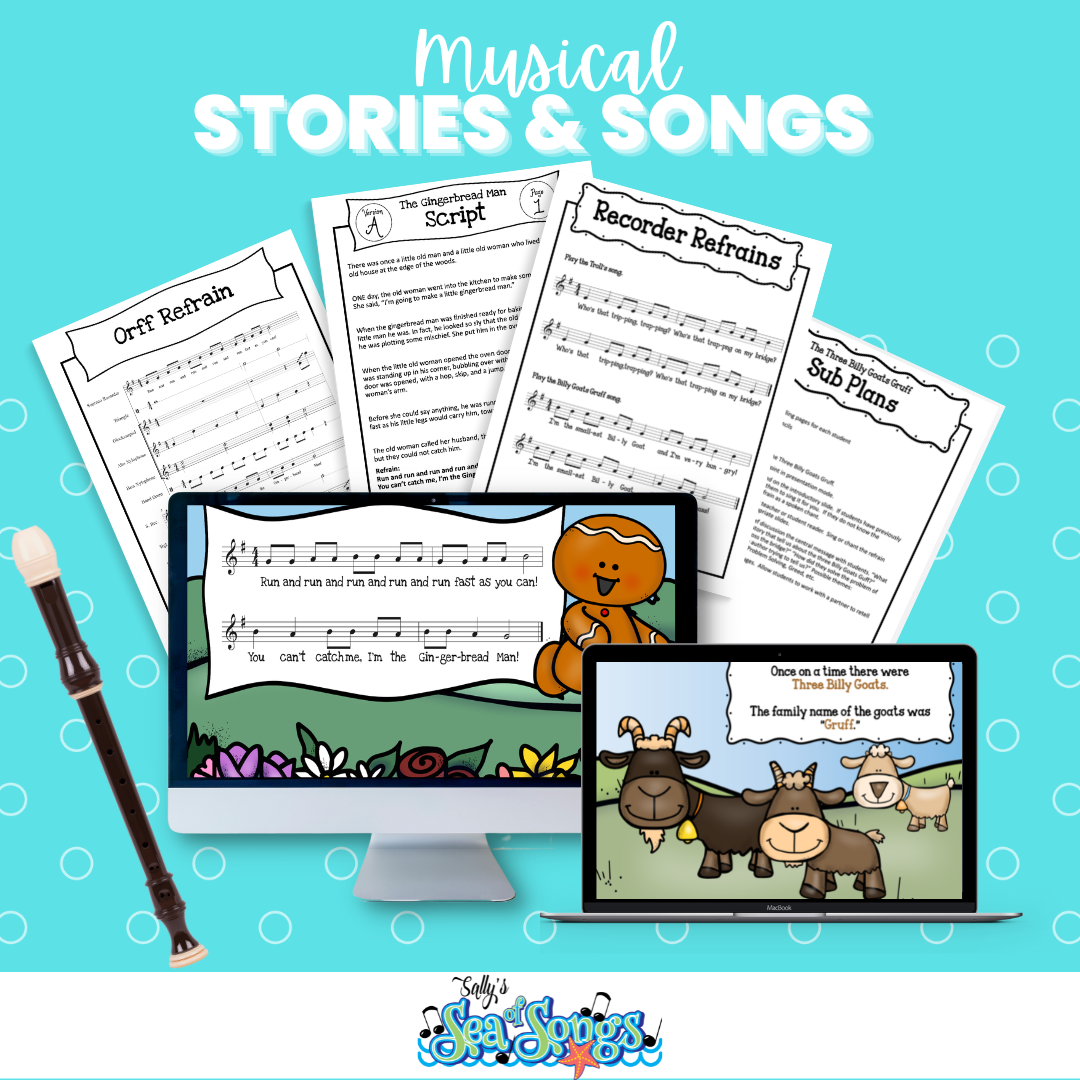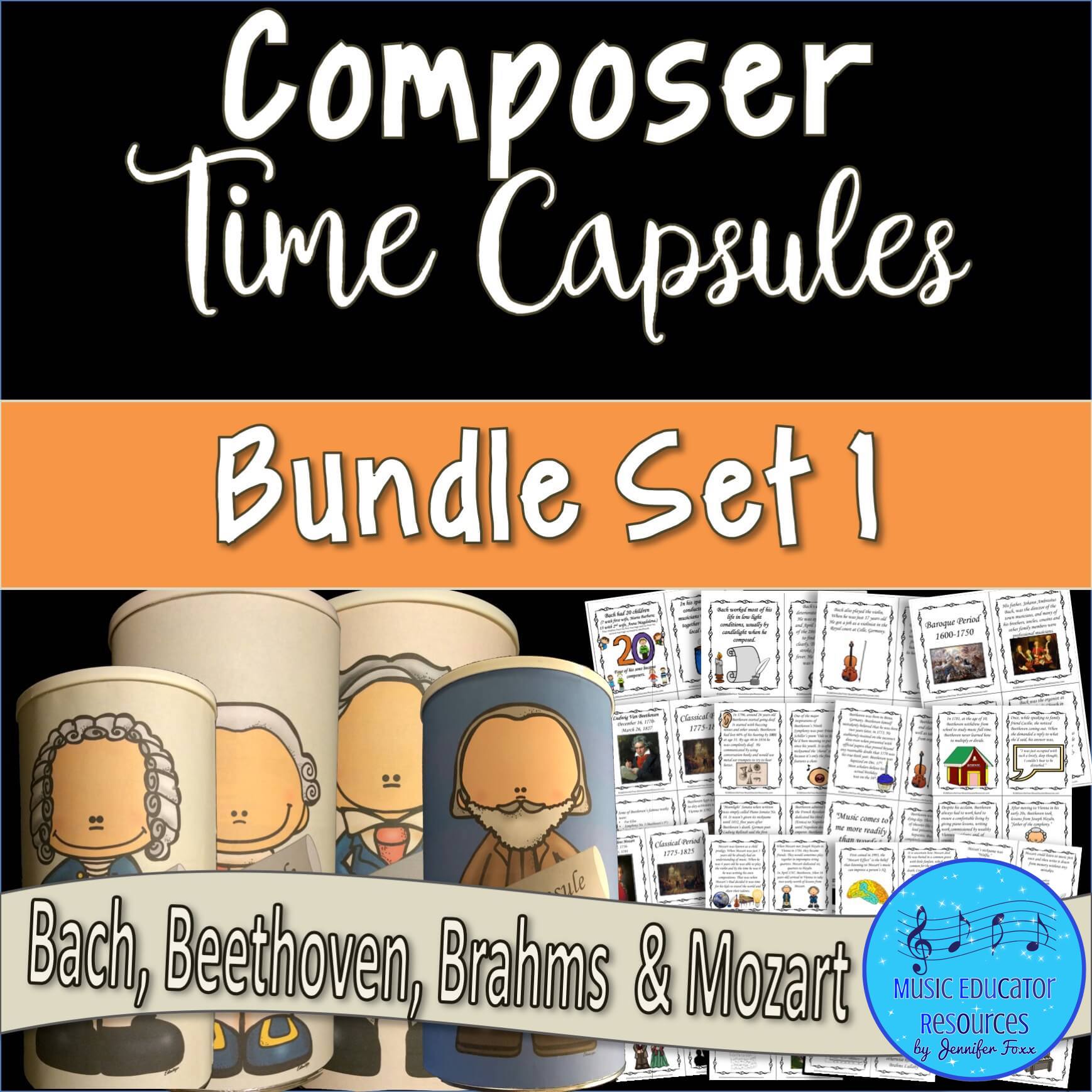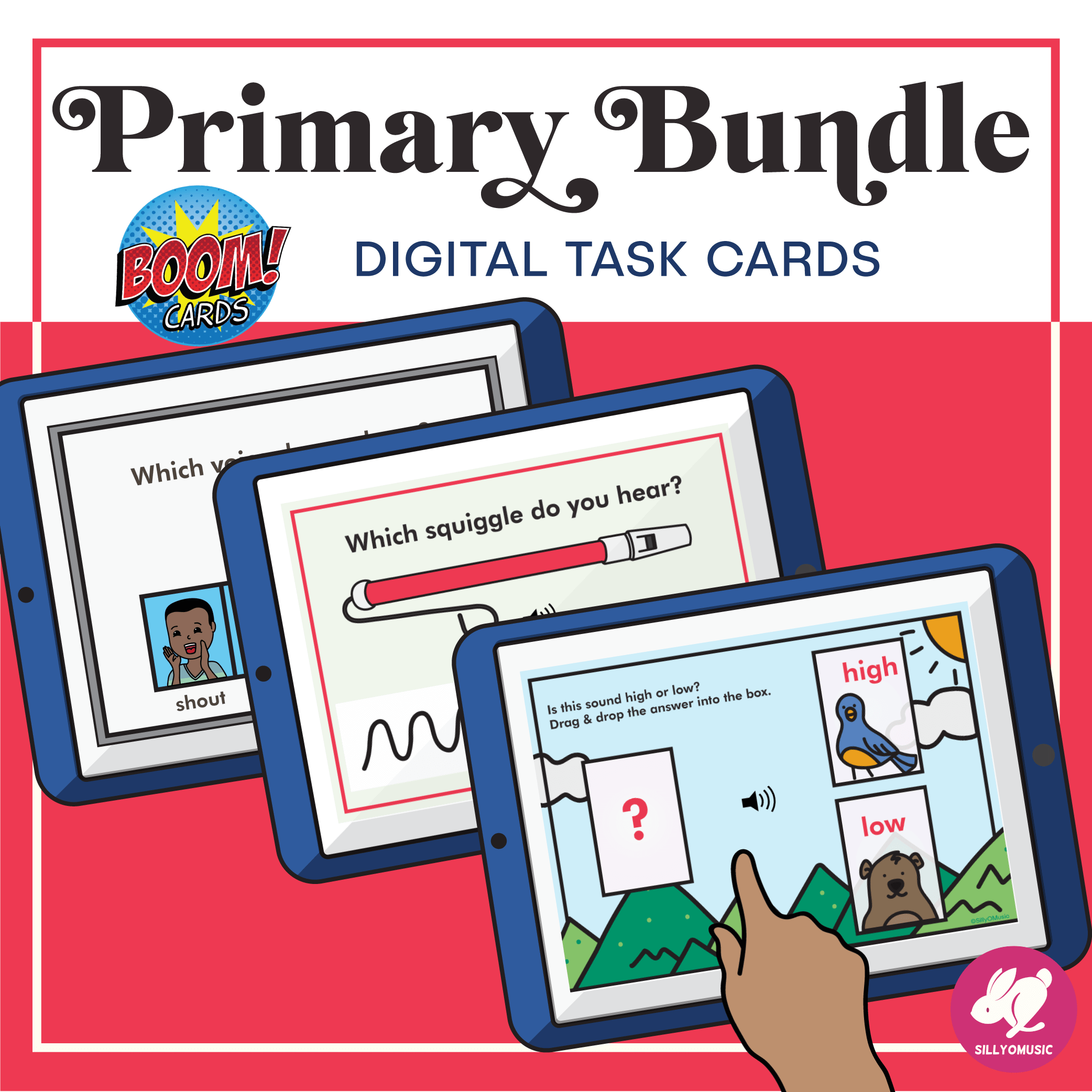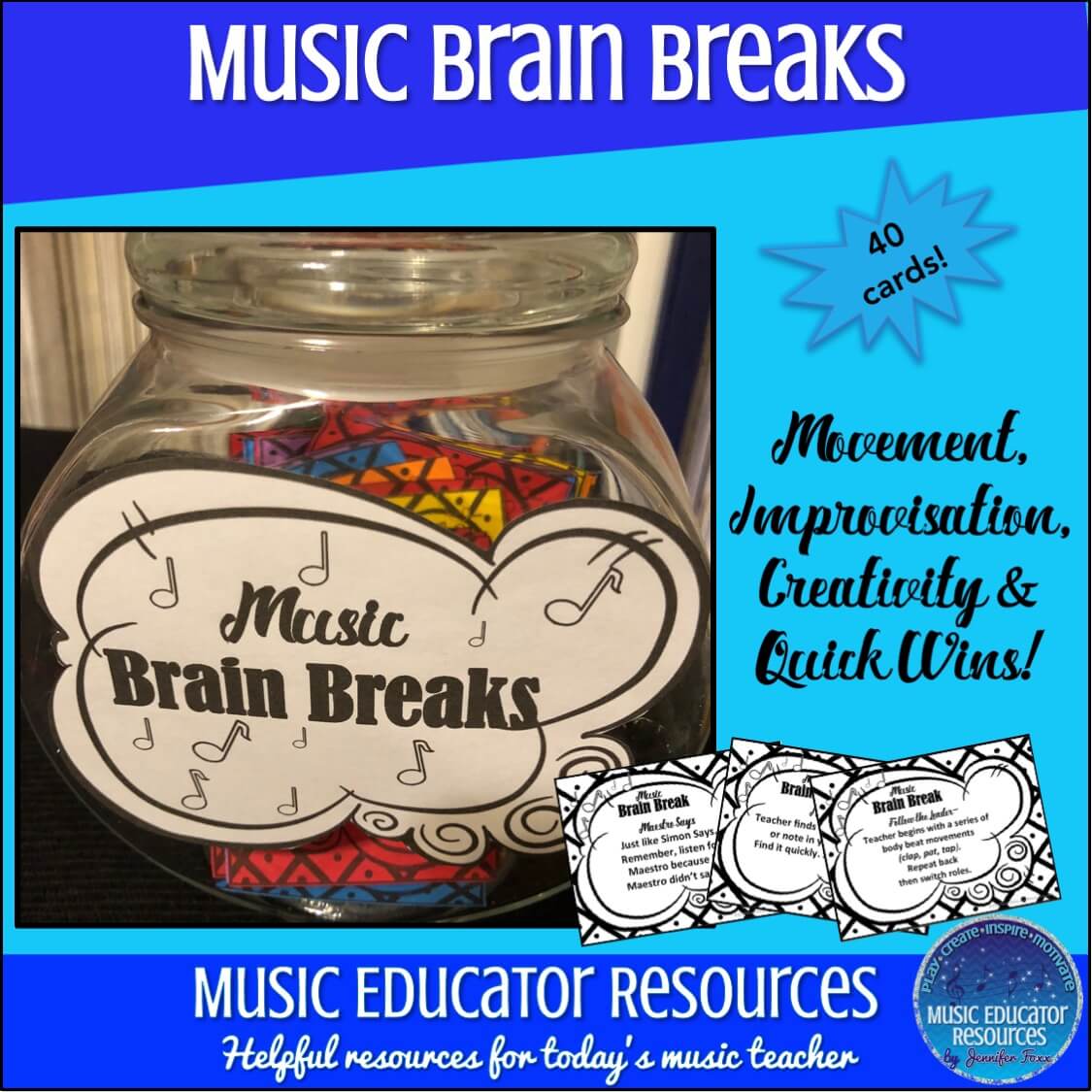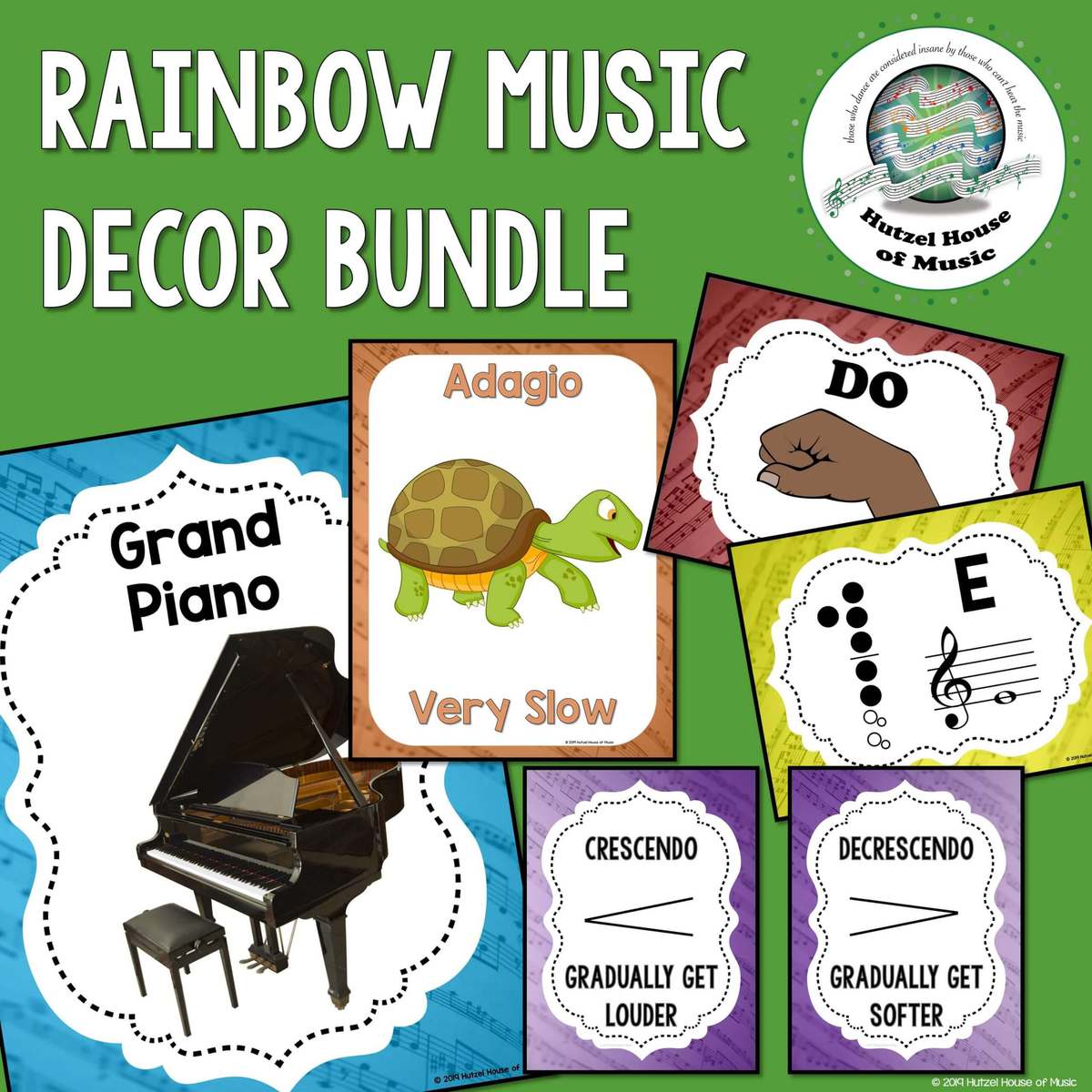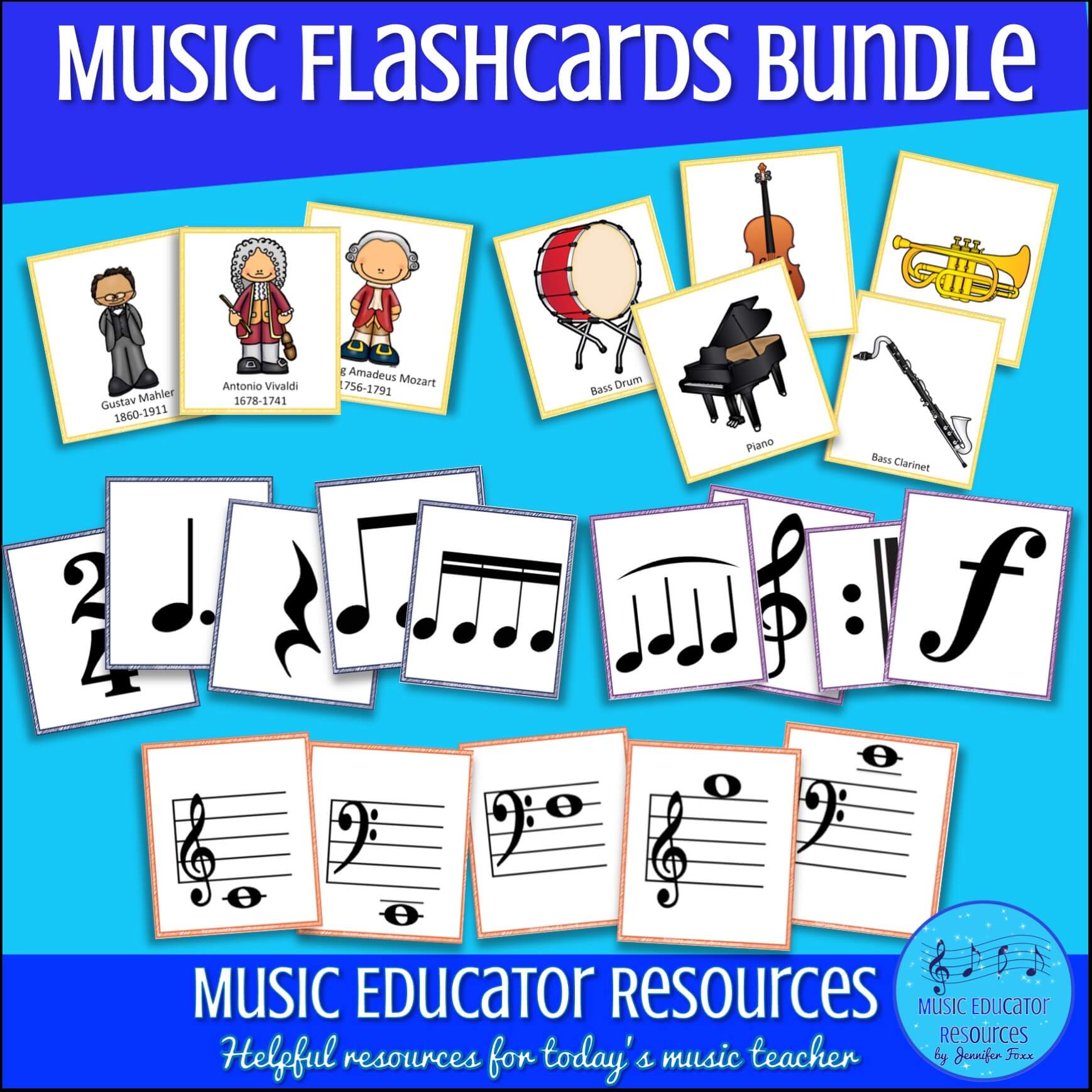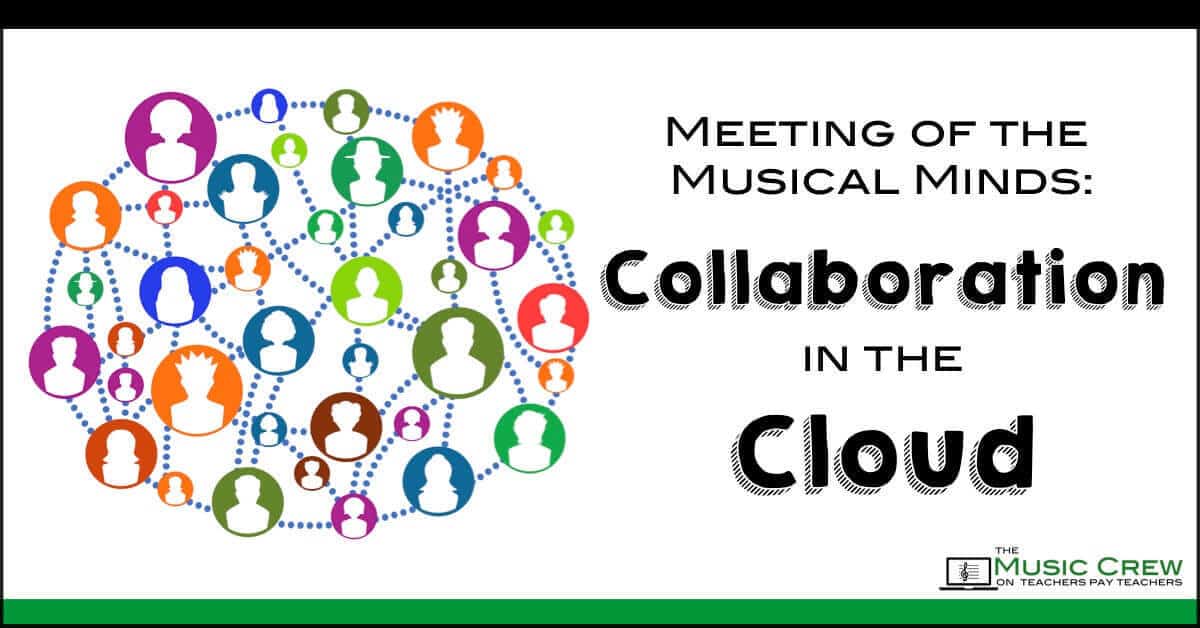
As musicians, we spend all of our schooling years working to perfect our musicianship craft so we can participate in the top ensembles. We strive to gain musical skills in order to contribute to an awesome musical group experience. We love making music TOGETHER! Fast forward to college graduation, we become music teachers and are “cut loose” from that awesome musical group, often left on our own in a building (or 2 or 3) full of reading, math & science teachers. We don’t have a grade level team to meet with weekly to share the load. Most often, it is just a single music teacher in the building, and we don’t get out to observe other teachers in our discipline.
Music teachers, like other art, PE, and “specials” teachers, have to be more intentional about building a support network. While there is nothing better than face to face music making and strategizing with fellow musicians, what to do during the months in between meet-ups?
Connect Online!
Facebook has become the online destination to chat with other music teachers. There are a plethora of groups with various themes, and a single post can get lots of ideas in a short period of time. As with all areas of internet usage, it pays to use care when posting online. Here are a few do’s and don’ts for Facebook group sharing:

Don’ts
- Don’t share pictures or videos with your students’ faces. This is just basic internet safety and a little extra protection for our students.
- Don’t post anything that might make you seem less knowledgeable to a future employer. We all have those mushy brain moments when we can’t remember how to read alto clef or when an unusual symbol shows up in an old piece of music, but if you can Google it, do that.
- Don’t share any details that you wouldn’t want your “in real life” colleagues or principal to see. The larger music teacher groups have from 12,000-29,000 members. While they are closed groups, they can not really be considered private with that many members. There is a difference between sharing and TMI. If you really need to share the full backstory to get the best solution to your problem, you might consider finding a local friend to talk with or private message a trusted friend.
- Don’t spend too much time venting. Just like going to the gym, there is always some who have it better than you and some who have it way worse. Online groups can help you see a different perspective on your own situation. Try not to get caught up in the negative.
- Don’t forget that it is difficult to communicate tone of voice in a typed post. Along the same lines, sarcasm is hard to differentiate from criticism. Use care in your own writing.
- Don’t get mad. You aren’t going to agree with everything that gets posted. Don’t respond with profanity. Just scroll on down when a post really makes you wonder what the poster was thinking. It is often not worth fueling the fire.
Do’s
- Do remember to search the group to find out if your question has already been discussed. The search box is in the left sidebar of every Facebook group. You can search by question topic, or by a member name. Try searching your own name to find your posts in the group!
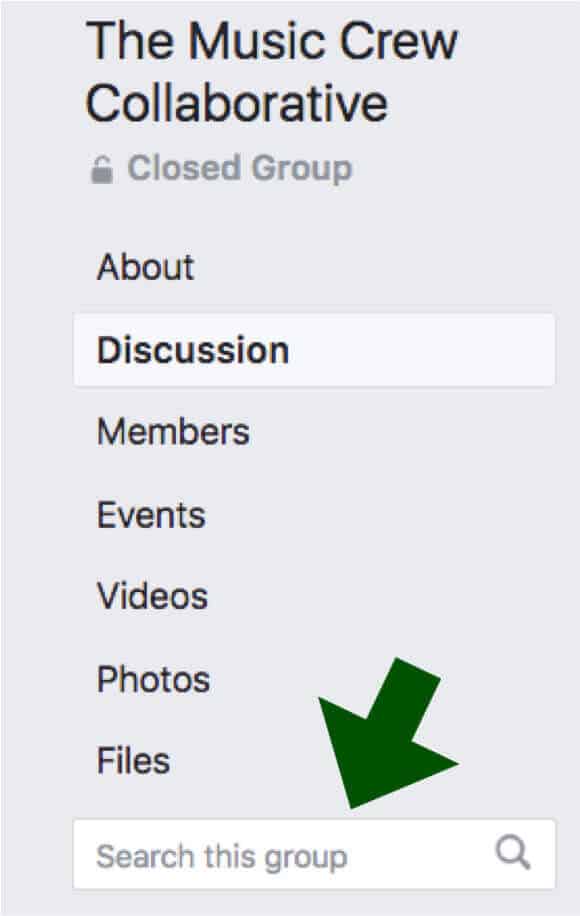

- Do hover over the original post to find the 3 dots on the top right. From there, you can save the post for future reference, or turn on notifications for that post. This is a much simpler way of following along with the thread and keeps the comment thread open for actual answers to the question. No need to type “.” or “Following.”
- Do know where to find your saved posts. From your News Feed page, check your left sidebar under Explore. You will see Saved Posts and the number of posts that you have not viewed.
- Do share great activities, bulletin boards, useful technology ideas, and concert ideas. These are the ideas that can be an everyday challenge to come up with and implement, but beautiful when the plan comes together. Share them!
- Do remember that everyone that participates in online music teacher groups does not have the same level of education and experience. Those questioners who are first-year teachers or those who find themselves teaching music because they once played the piano or sang in a choir need our thoughtful responses to honest questions.
- Do try to give helpful suggestions based on the original question. The longer you stay in education, the greater the chance that you will be asked to do one of those “other duties as assigned by principal.” While most of us would rather be teaching music, when faced with one of these situations, we often need real suggestions for making a tough situation work.
- Do share positive things! We get to sing, dance, play instruments, and make music with children every day and they pay us! We have the greatest job in the world.
Complete your Support System
As we work to develop our support systems, consider the type of questions you have and where you might get the best help.
- Speak to your mentor or trusted colleague in person or on the phone when you need to craft that email to a principal or angry parent or when you just need to “think out loud” about a tough situation.
- Reach out to your small peer group of trusted music teacher friends when you have a situation that is not quite so private, but still specific enough to your school that you don’t really want the details out there in cyberspace.
- Online forums are wonderful for sharing ideas, activities, successes, and challenges that are common to music teachers everywhere.
Large Music Teacher Groups
Discipline-Specific Groups
Thanks for reading. I hope to see you online!
Musically Yours,

